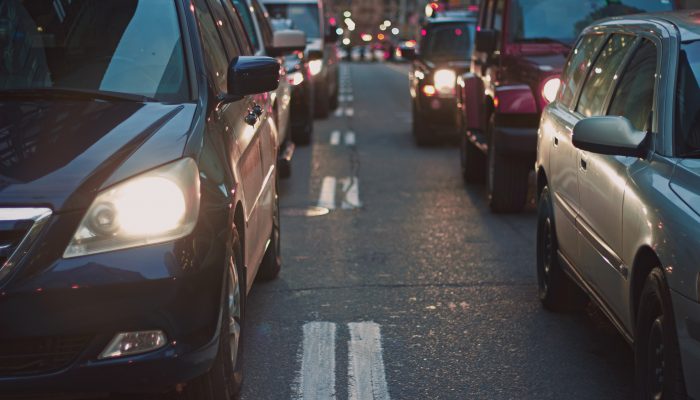
As the COVID-19 pandemic continues to have a profound impact on our health and wellbeing, on business, the economy and transport, climate change has taken a bit of a back seat.
It’s easy to forget that the 26th session of the Conference of the Parties (COP 26) was originally to take place less than two months from now, 9-19 November 2020, in Glasgow. This would have brought into sharp focus plans for climate change and decarbonisation.
However, the UK Government and devolved administrations have all published decarbonisation plans with differing targets and technologies to get to net-zero. The debate now appears to be centred round an acceptable timeframe to deliver the plan(s), and whether the future mode is hybrid, hydrogen, electricity, bio-fuel, or battery powered.
In all of the above elements the forgotten element appears to be the transport user. The decarbonisation agenda provides the opportunity for the user to shape elements of the decarbonised network. For example, passenger facilities on new buses and trains.
It is vital for users to be involved in the design at the earliest opportunity. Without proper consultation at the right level and time, users could end up having to travel on buses and trains that fail to meet both their existing and future needs. A train could have the most advanced decarbonised technology but if the passenger facilities do not meet their needs, it will be a lost opportunity.
In developing the specification for any replacements, we recommend that passengers’ opinions and aspirations are fully understood to allow them to be incorporated wherever practical to do so.
Reliability and punctuality are the top issues both bus and rail passengers want to see improved. We asked more than 2900 people to rank things that would most improve their journey experience. Reliability, punctuality, frequency, value for money and getting a seat all featured prominently.
Since the research was undertaken the transport network has, like the rest of our lives, been dramatically changed by the Covid-19 pandemic. In the short-term Covid-19 is bound to have an impact on passengers’ priorities – not least when it comes to personal safety, space on the bus or train and cleanliness – but the baseline results will still be relevant. Punctuality, capacity, frequency and value for money will still be important in a post-lockdown decarbonised transport world.
In July we published the Strategic Roads User Survey 2019/20. The survey asks road users about a range of aspects on their journey on motorways and major ‘A’ roads in England, including overall journey experience, journey time, surface quality, roadworks management and feelings of safety. The factors that influence road user satisfaction, include journey time, delays experienced, level of traffic and roadworks management.
During years of work Transport Focus has seen that everyone will make transport choices based around the four ‘C’s’ – choice, cost, convenience and control. At different times and on different journeys we make different choices.
Transport Focus firmly believes in improving the quality of all transport modes, so people simply have better journeys and lives. People will choose bus, train or tram because it is the best consumer choice. For some it’s a cheaper taxi. For others it’s a better bus. Either way they are responding to the cost, convenience, choice and control it offers.
Transport Focus consults almost 50,000 passengers a year to produce the Bus Passenger Survey. This measures passengers’ satisfaction with their local bus service for a representative sample of journeys.
Passengers rate their satisfaction with a wide range of aspects of their bus journey including the bus stop, waiting for the bus, on the bus, the outside of the bus and the bus driver as well as their overall satisfaction with that bus journey and their rating of value for money.
The main reason affecting their journey is congestion. Simply put, too many bus journeys are either too expensive or too inconvenient to take due to the slow speed of travel. An electric bus stuck in a traffic jam is still a bus going nowhere!
We welcome the commitment to deliver on the decarbonisation agenda but Government, devolved government, regional and local authorities and transport providers must take the opportunity offered by decarbonisation to tackle quality issues that delivers services that work for consumers.
About the Author
This post was written by Robert Samson. Robert is a senior stakeholder Manager at Transport Focus.
